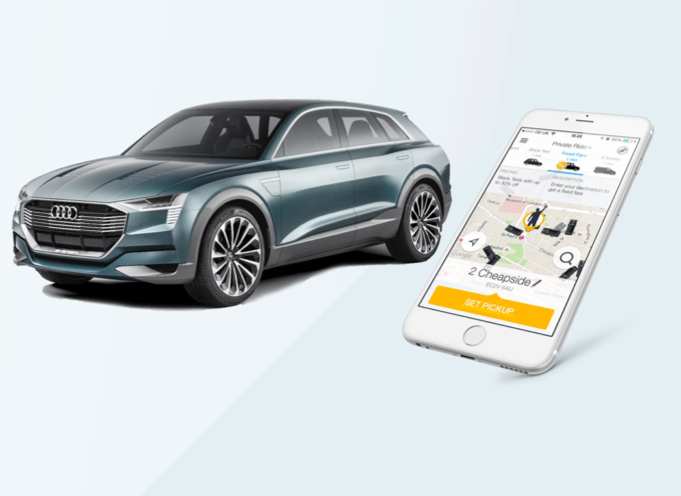German car-maker Volkswagen has responded to a slump in sales following the emissions-cheating scandal over its diesel engines by announcing plans to spend more than $11 billion and launch 30 all-electric models, including autonomous and ride-sharing vehicles.
Matthias Mueller, the CEO of Europe’s biggest carmaker said huge investments would be needed as the firm moves beyond the “dieselgate” scandal – an event that is widely considered to represent the beginning of the end of diesel engines, and quite possibly the internal combustion engine.
VW was forced to write off $US18 billion as a result of the scandal and its obligation to replace millions of cars, and its new vehicle sales are down 13 per cent in the first five months of 2016.
“The future program we’re unveiling today ushers in the biggest change process in the history of Volkswagen,” Mueller said at a news conference in Germany. “We are building a new, a better and an even stronger Volkswagen.

VW said there will be a “special emphasis” on “e-mobility” – an area that encompasses electric vehicles, autonomous cars and ride sharing.
“The new unit will develop and acquire offerings tailored to customer requirements – centering on and starting with ride hailing, i.e. on-demand mobility services,” it says. “Other services such as robotaxis, carsharing and transport on-demand will then be grouped around this nucleus.”
It expects its first “fully autonomous car” will be built in house by 2021.
Mueller said VW expected that all-electric cars would account for up to one quarter of its annual sales by 2025, or several million vehicles.
It is also looking at creating a new battery storage division to meet its expected demand of 150GWh a year. “The strategic options for participating in the potential revenue stream associated with this and developing battery technology into a new Group competency will be carefully examined,” it said in a media release.
But it is not just about its own corporate reputation and technology changes. Across the world, policy makers are signalling that low or zero emission vehicles will be mandatory within little more than a decade.
Rainer Baake, state secretary of Germany’s Ministry of Economy and Energy, said recently all new cars sold in Germany would need to be emissions-free by 2030 to meet the nation’s pollution-reduction goals, the LA Times noted.
It also noted that India energy minister Piyush Goyal recently said government incentives aimed to make India a 100 per cent electric car country by 2030. China’s government also aims to make the nation the world’s leading market for electric cars.
Australia has no standards for fuel efficiency, let alone targets for electric vehicles. But some network operators are backing EVs, and implementing fast-charging networks.
VW was plunged into crisis when it was revealed in the US last September that diesel engines had been fitted with software that could distort emissions tests. The company later revealed that some 11 million cars worldwide were affected.








